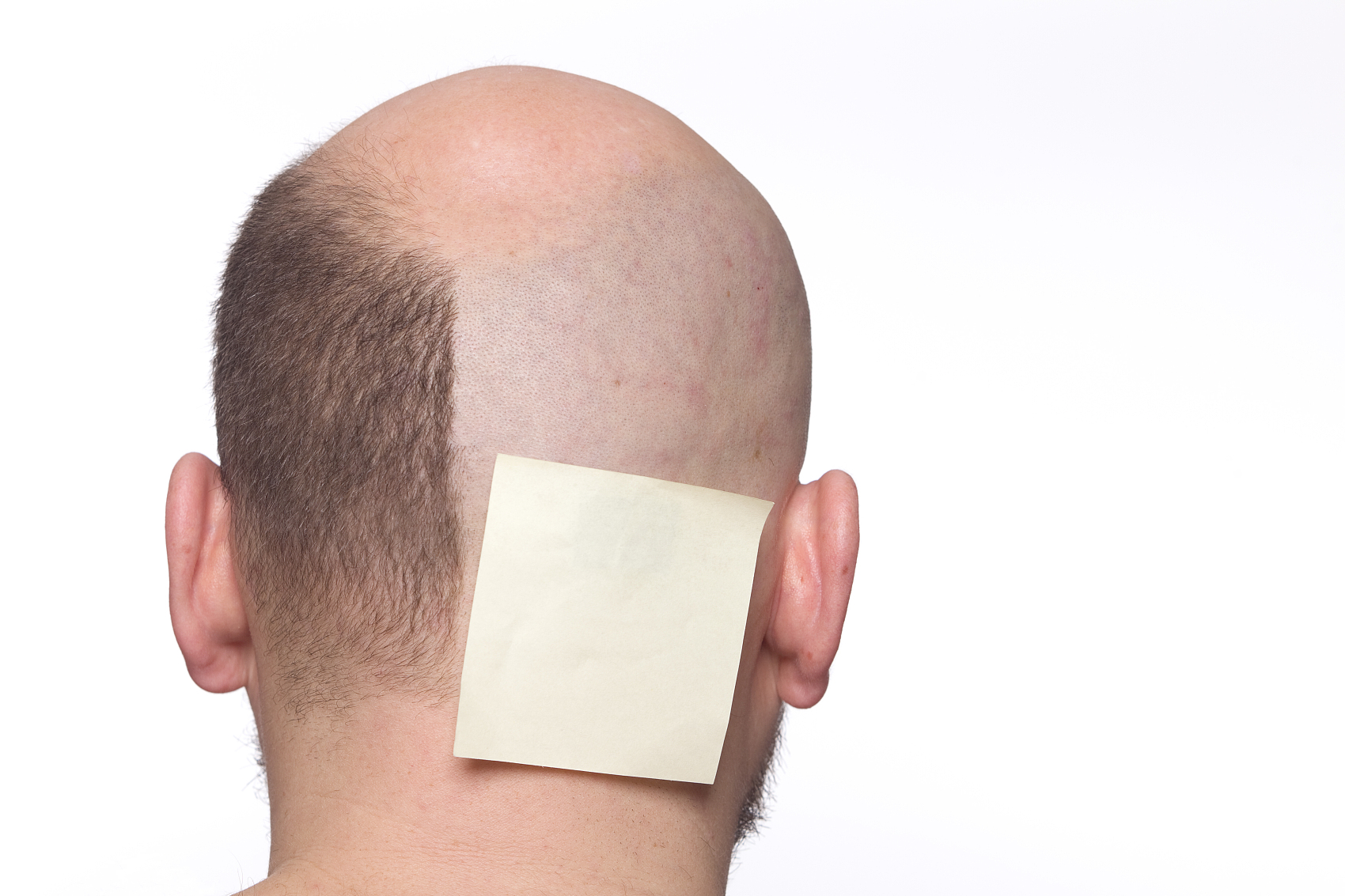Life sure knows how to pile on the pressure, right? One minute you’re knocking tasks off your to-do list, and the next, you’re tearing up at a cereal ad. It’s a wild ride, and sometimes, we all need a little break. If you’re wondering whether you’re just tired or on the edge of a meltdown, here are some tell-tale signs that stress might be getting the better of you.

- Trouble Sleeping
Can’t sleep? If your brain buzzes with life’s reruns the moment your head hits the pillow, stress might be crashing your sleep party. A bit of lavender mist on your pillow might help you relax and get some much-needed rest. - Too Much Coffee, No Effect
If you find yourself downing more coffee than usual but still can’t shake off the sluggishness, it could be a signal that something’s off with your body or mind. - Unexpected Tears
Do you find yourself tearing up over trivial things, like those late-night infomercials? Stress can mess with your emotional regulation, making it hard to keep those tear ducts in check. This might be a good time to consider talking to a therapist. - Stomach Troubles
Feeling queasy even though you’re not on a roller coaster? Stress could be stirring up that butterfly storm in your belly. If this continues, it’s wise to see a doctor to rule out other health issues. - Forgetfulness
Have you ever read something but then immediately forgot what it was about? Or opened the fridge and forgot why? High stress can impact your memory. So, if you’re feeling more forgetful than usual, assess your stress levels before worrying about more serious cognitive issues. - Troubled Skin
Is your skin acting like it’s back in the teenage years with breakouts? Stress might be to blame. Sometimes, managing stress with the help of a therapist can be more effective than seeing a dermatologist. - Feeling Overwhelmed by Small Tasks
If sorting the mail or picking a snack feels as daunting as climbing a mountain, it’s a sign to take a step back. Maybe it’s time to seek some help in managing your stress.

If any of these signs sound familiar, consider seeing a doctor. Only a qualified professional can diagnose chronic stress, and the sooner you address these issues, the better. Remember, this is just a general guide, and taking action early can make a big difference.








